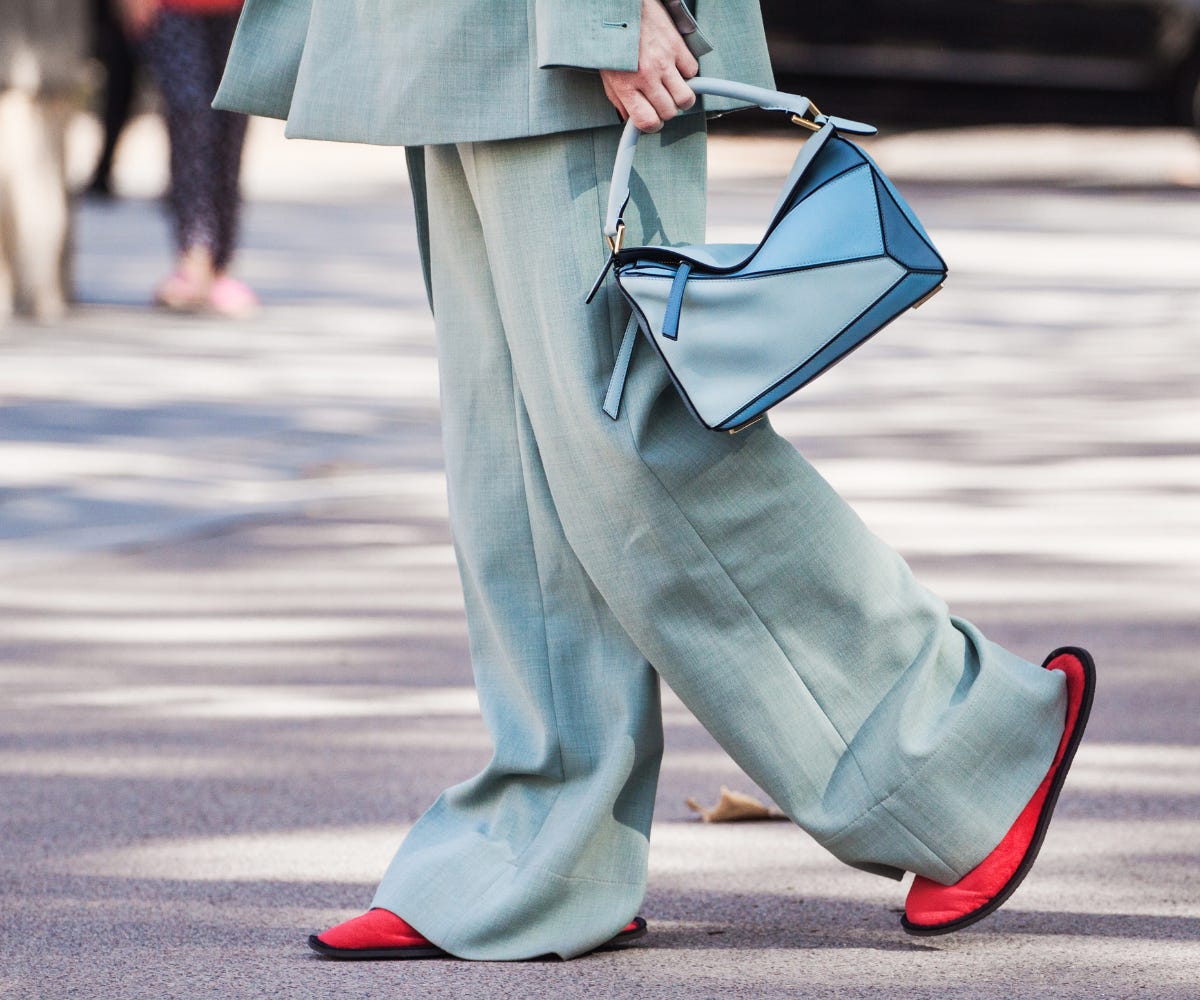The French communication style

Politeness and directness in French culture
It can seem like a paradox, but the French have a way of being polite while simultaneously telling you exactly what they think. It’s an art form, really. In conversation, you should definitely use a lot of “s’il vous plaît” and “merci” — where appropriate.
However, don’t be afraid to speak your mind. The French appreciate honesty, as long as it’s delivered with a side of tact.
Actually, this honesty might sometimes come off as shocking to Americans, who tend to be — let’s say it — a lot nicer. For example, if you try on a dress in the US, your friends will be like “OMG, so cute, perfect, you look lovely, I loooove it” while in France, it’s not uncommon to hear comments like “Well, it’s original but I wouldn’t wear it” or “It doesn’t really do you any favors.¨
Small talk and conversation topics
What would we do without small talk? It’s so convenient when trying to establish communication, right?
And France is no different. When making small talk, stick to safe subjects like food, art, and culture. The French love to chat about their latest culinary finds or the newest exhibit at a trendy museum.
Very important: avoid topics like politics, religion, and money, which are considered taboo in French culture — sometimes even with close friends! Unless, of course, you enjoy watching a peaceful dinner turn into a heated debate. Actually, it might be a great way to practice your French skills!
Importance of non-verbal cues
The French are all about that je ne sais quoi, and non-verbal communication is a huge part of that — especially if your French skills are not that great yet! If you’re interested in the subject, don’t miss our article on body language around the world.
Eye contact, a well-timed shrug, or even just the way you stand can say a lot. So, keep those non-verbal cues in mind. For instance, crossed arms can show that you’re closed off — for example in a business meeting — while a warm smile can open doors (and hearts).
If you want to know more about French business etiquette, check out this article!
French dress code and personal appearance

The French fashion sense
French fashion might be as popular as French food! Indeed, fashion in France is practically a national sport, and actually, they even brought it to the Olympics!
The key here is (seemingly) effortless style, which, ironically, can take a lot of effort. Think classic, understated pieces that look like you just threw them on, even if you spent an hour getting ready. Check this video for the latest Parisian trends! Avoid anything too flashy or over-the-top.
The appropriate attire for the occasion
Dressing adequately for the occasion is a must, and an art, in France. You won’t see anyone going to the mall, or even to buy a baguette, in PJ pants and flip flops — you gotta love the US!
Going for a casual stroll or to the bakery? Pick something simple yet stylish, like a nice pair of jeans and a trendy shirt. Heading to a formal event? You can definitely go for a sleek dress, a fancy overall or a suit. If you have a job interview, definitely wear respectful, formal clothes.
As a rule of thumb, it’s always better to be a little overdressed than underdressed.
Cultural significance of dressing appropriately
Indeed, in France, how you dress is more than just about looking good — it’s about respect. Showing up in the right attire says that you’re taking the event (and the people) seriously.
So put a little thought into your outfit; after all, in France, style is definitely a form of etiquette.
French social etiquette and manners
.png?auto=webp&format=pjpg&quality=80&)
Punctuality in France
I’m French and in love with punctuality — must be my Scandinavian side! However, in France, fashionably late is the way to go for social gatherings. Aim for about 10-15 minutes! Any later, and you’re pushing it. Any earlier, and you’re just awkwardly eager.
But for formal and business events, definitely be on time!
Gift giving
You want to make a “cadeau”? As in many cultures around the world, gift giving is a subtle art of French social etiquette. A small, thoughtful gift is definitely recommended and much appreciated when visiting someone’s home. Just avoid anything too personal or over-the-top, and go for classics such as flowers, chocolates, or anything to eat, actually!
When receiving a gift, open it right away, or it might seem that you’re not interested, and show your appreciation. A genuine “merci beaucoup” is perfect.
Public behavior
My dear American readers, I’m sorry to disappoint you, but public behavior in France is all about discretion. Loud conversations in public? Non, merci. The French value their peace and quiet, especially on public transportation. Take it from a loud French person (I’m also half Italian, it’s in my genes!) who got reminded her entire life to keep it down. I feel so free when I’m in the US!
So, don’t shout, respect the shared space — I shall agree with that one, personal space is underrated! — and you’ll fit right in.
That being said, PDA might shock you. After all, France is known as the country of love, and many couples openly kiss and touch in public! Listen to this song and you’ll get it.
Voilà, chers lecteurs ! You’re now ready to navigate the curious, but endearing, world of French manners and etiquette.
But let’s be real for a second — will you mess up? Probably. Even French people mess up! Will you accidentally give two kisses when it’s supposed to be three? Or lean the wrong way? Almost certainly. But that’s part of the fun, n’est-ce pas? Because in the end, what the French appreciate most – and actually, anyone when you’re visiting another country — isn’t perfection, but a sincere effort.
And remember, if you make a faux pas, just smile and say a heartfelt “désolé-e”!
For more fun and useful insights into French culture, check out the Berlitz blog here. Now go out there and have fun experimenting with your French manners and etiquette — just don’t forget “la bise”!




.png?auto=webp&format=pjpg&quality=80&)


